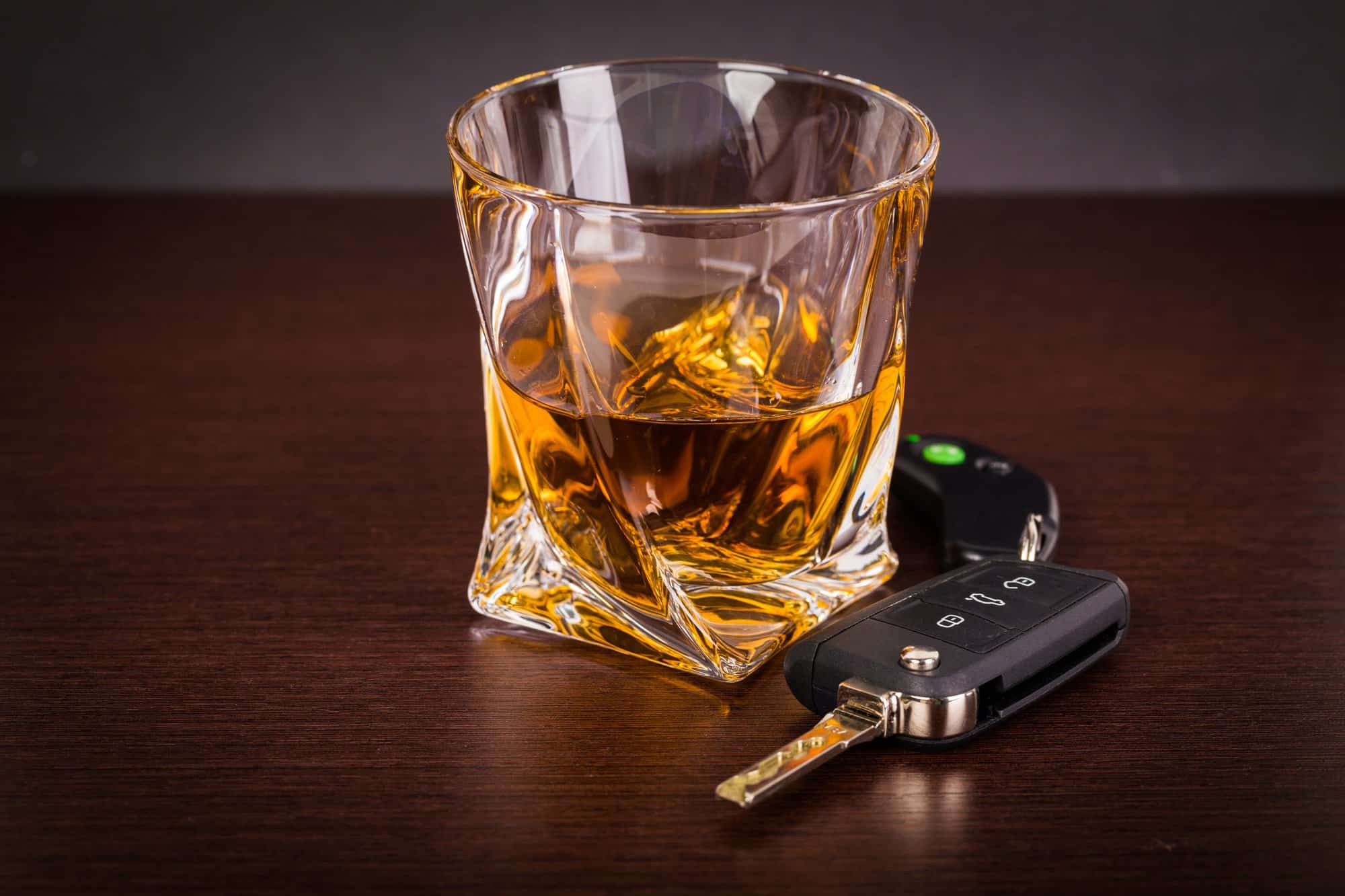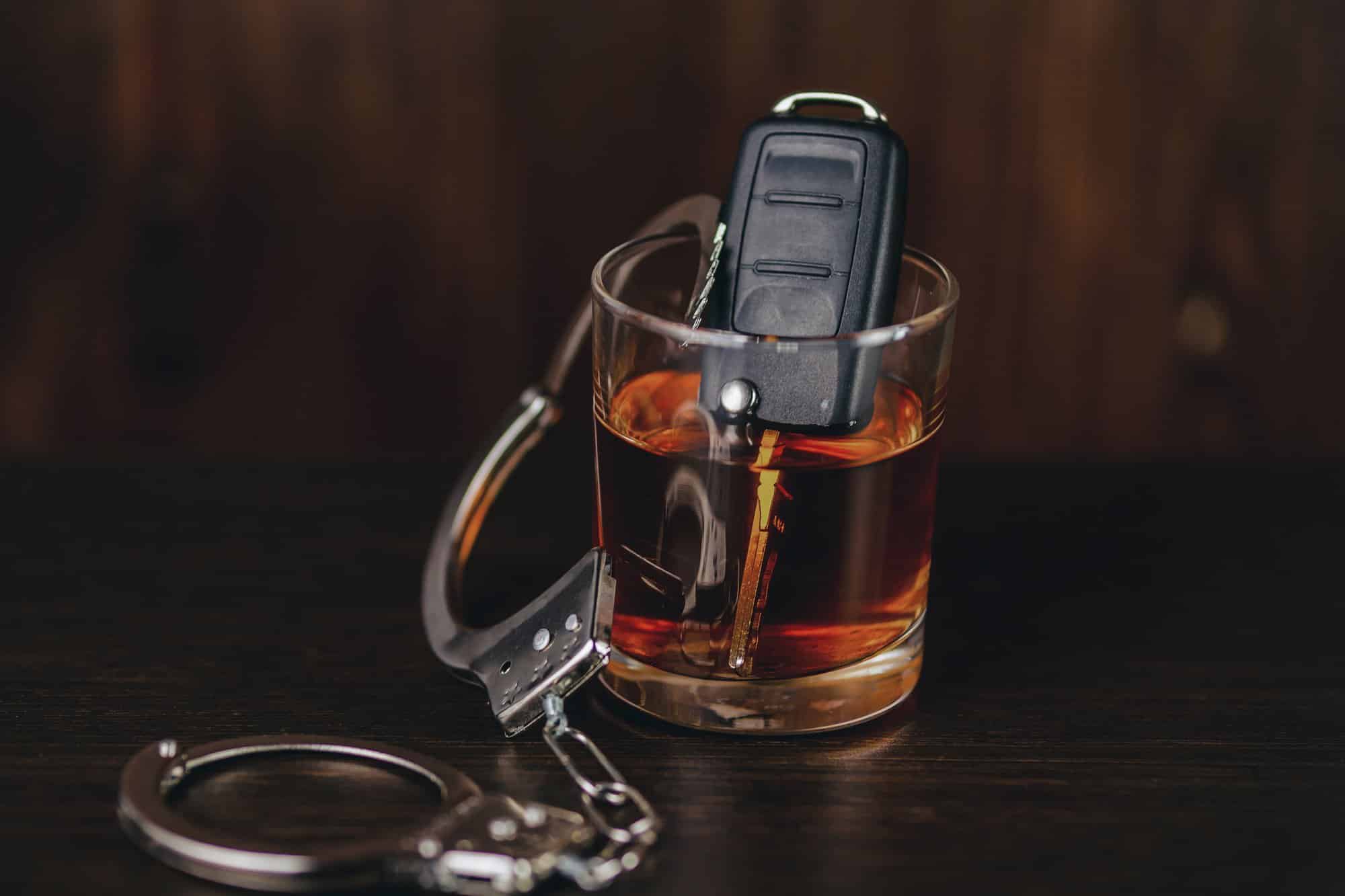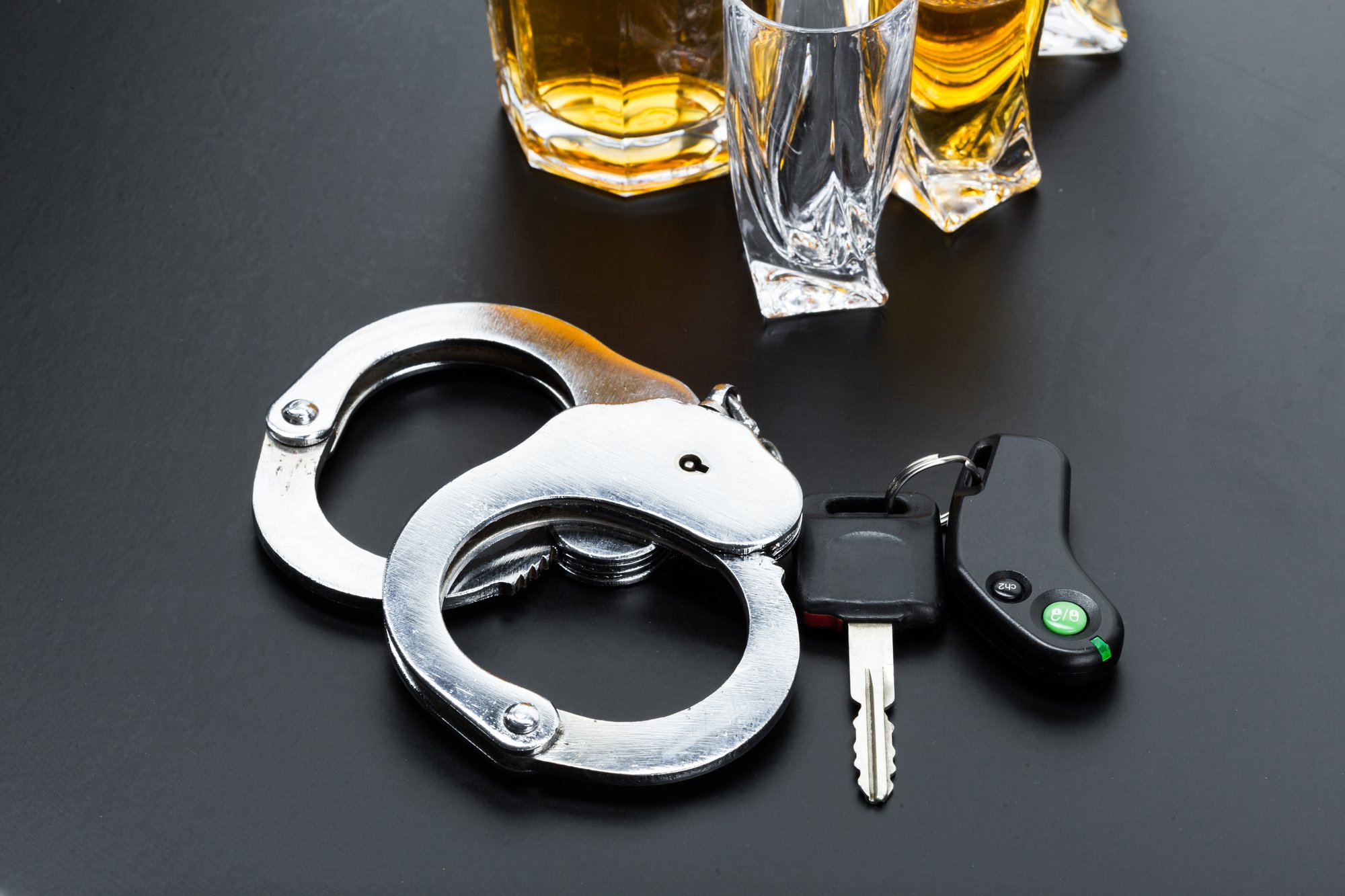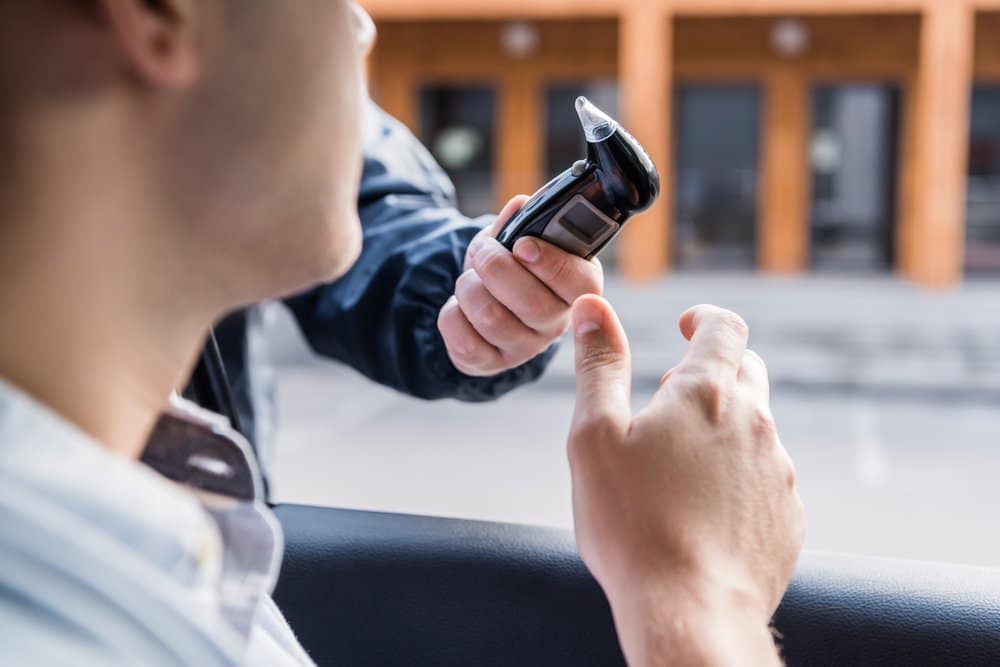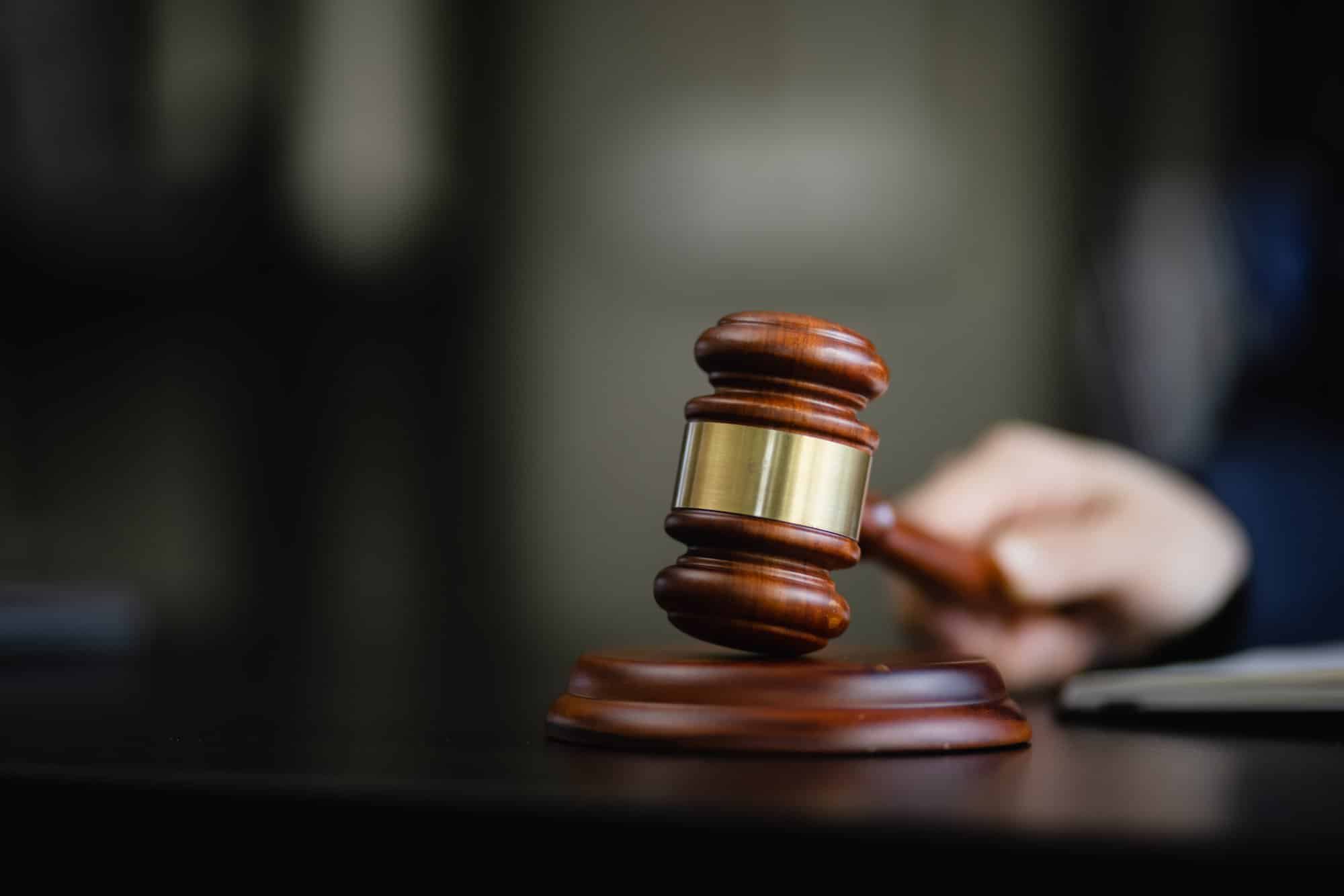A charge of driving while intoxicated by drugs or alcohol is a serious matter in New York. If you’ve been accused of a DWI, you may be feeling stressed and overwhelmed — and it’s important to understand what to expect. Although the facts of every case are different, each typically goes through the same legal process.
Generally, a DWI case includes the following stages:
1. The Traffic Stop
The first stage of a DWI is the traffic stop. To conduct a traffic stop, an officer must have reasonable suspicion, based on their observations, that you have broken the law. The evidence for the initial stop may take a variety of forms, including speeding, running a red light, swerving in and out of lanes, or turning without signaling.
2. Field Sobriety Tests and Breathalyzer
If the officer who conducted the traffic stop suspects that you are under the influence of drugs or alcohol, they may ask you to submit to field sobriety testing. These tests involve a series of tests that assess balance, coordination, and cognitive ability. The officer will also likely request a breath test. If you fail the field sobriety tests or the breath test reveals of a BAC level of .08% or higher, you may be arrested for a DWI.
3. The Arrest
A DWI arrest must be supported by probable cause that a DWI has been committed. For instance, the officer may make an arrest based on a breathalyzer result of .08% or more, slurred speech, glassy eyes, or a failed field sobriety test. They will then read your Miranda rights, place you under arrest, and transport you to the precinct. At the precinct, the police will request that you undergo a chemical screening test, such as a breathalyzer, blood test, or urine test. If you refuse the chemical test, you will be subjected to administrative penalties by the DMV in addition to the criminal charges — and your license will be revoked for one year.
4. The Arraignment
Following the arrest, an arraignment will be held. This is the hearing where you are formally charged with the crime of driving while intoxicated. The judge will read the charges against you and ask how you plead. If you enter a plea of “not guilty,” your case will proceed through the trial process.
5. Plea Bargain
A plea bargain allows you to enter into an agreement with the prosecution to plead guilty in exchange for a lighter sentence. A good criminal defense attorney will be able to negotiate a plea deal that can help ensure you get better terms. While a plea bargain can eliminate the uncertainty of trial, it’s important to understand that you have the Constitutional right to be tried by a jury of your peers. A plea deal should only be accepted after careful consideration and consulting with experienced counsel.
6. The Trial Phase (If a Plea Bargain Was Not Entered Into)
If you did not enter into a plea bargain with the prosecution, your case will proceed to trial. At trial, the prosecution must prove your guilt beyond a reasonable doubt. The trial process can be lengthy and involves several phases, including the following:
- Filing pre-trial motions
- Exchanging evidence before trial
- Selecting a jury
- Making opening statements
- Presenting evidence in court
- Cross-examining witnesses
- Making closing arguments
After the judge and jury have heard all the evidence in the case — and the prosecution and defendant have both made their closing arguments — the jury will receive instructions from the judge and will move to a jury room to deliberate the case. Once the jury reaches a verdict, they will inform the judge and return to the courtroom. If the jury returns a verdict of “guilty,” you will then be sentenced by the judge.
Contact an Experienced New York Criminal Defense Attorney
If you’ve been arrested for a DWI, it’s crucial to have a knowledgeable criminal defense attorney by your side who can protect your rights — and guide you through the legal process. The DWI attorneys at D’Emilia Law offer reliable representation and aggressive advocacy for those who have been charged with a variety of impaired driving offenses and are committed to obtaining the best possible results in each case. To schedule a consultation, contact us at 1-888-DEMILIA.


